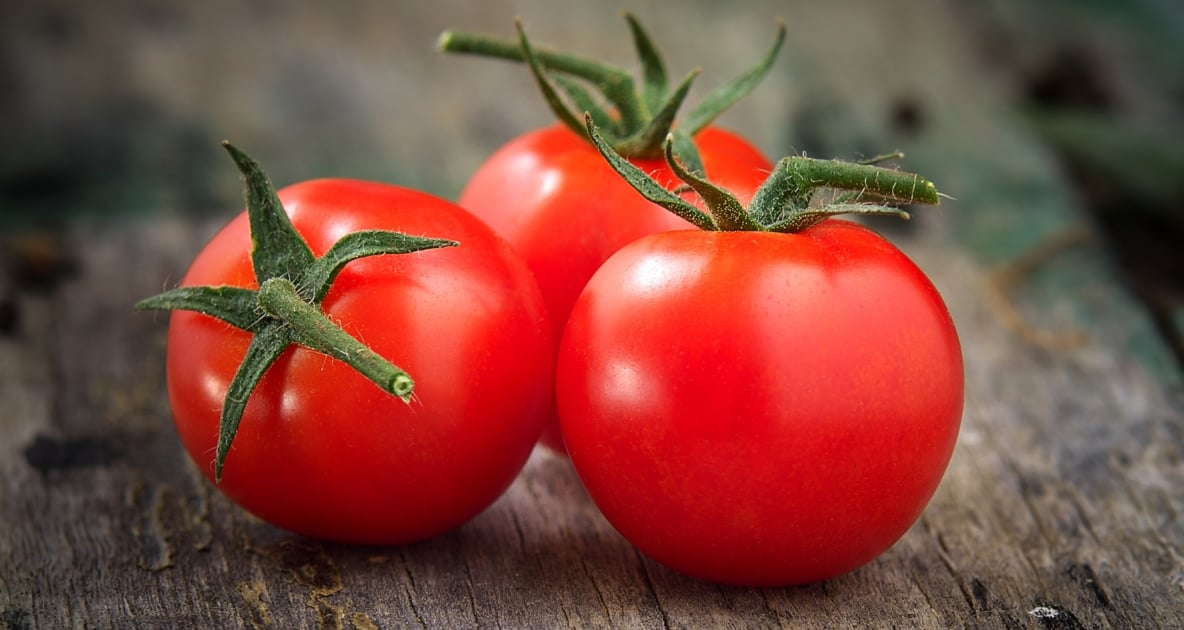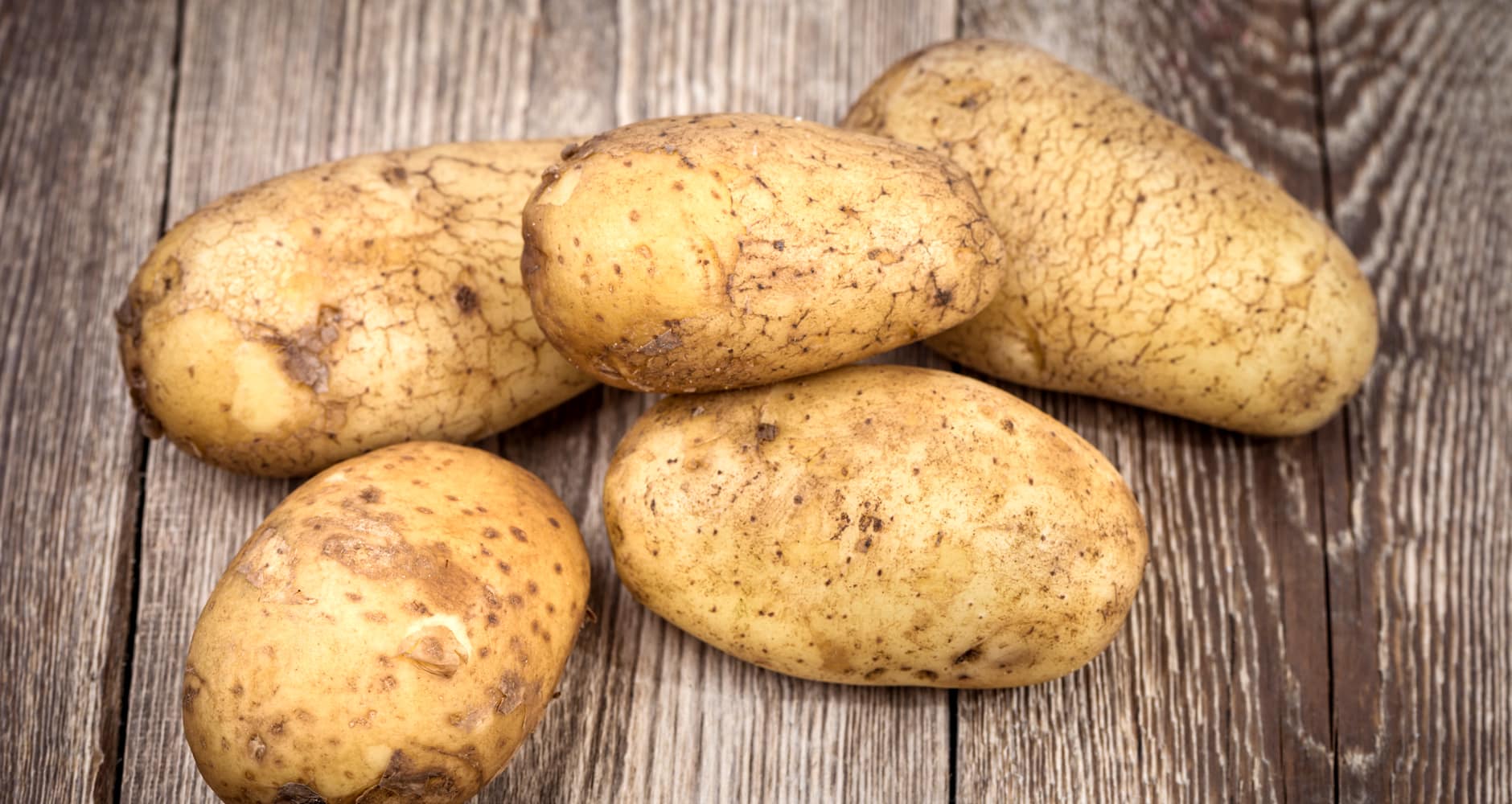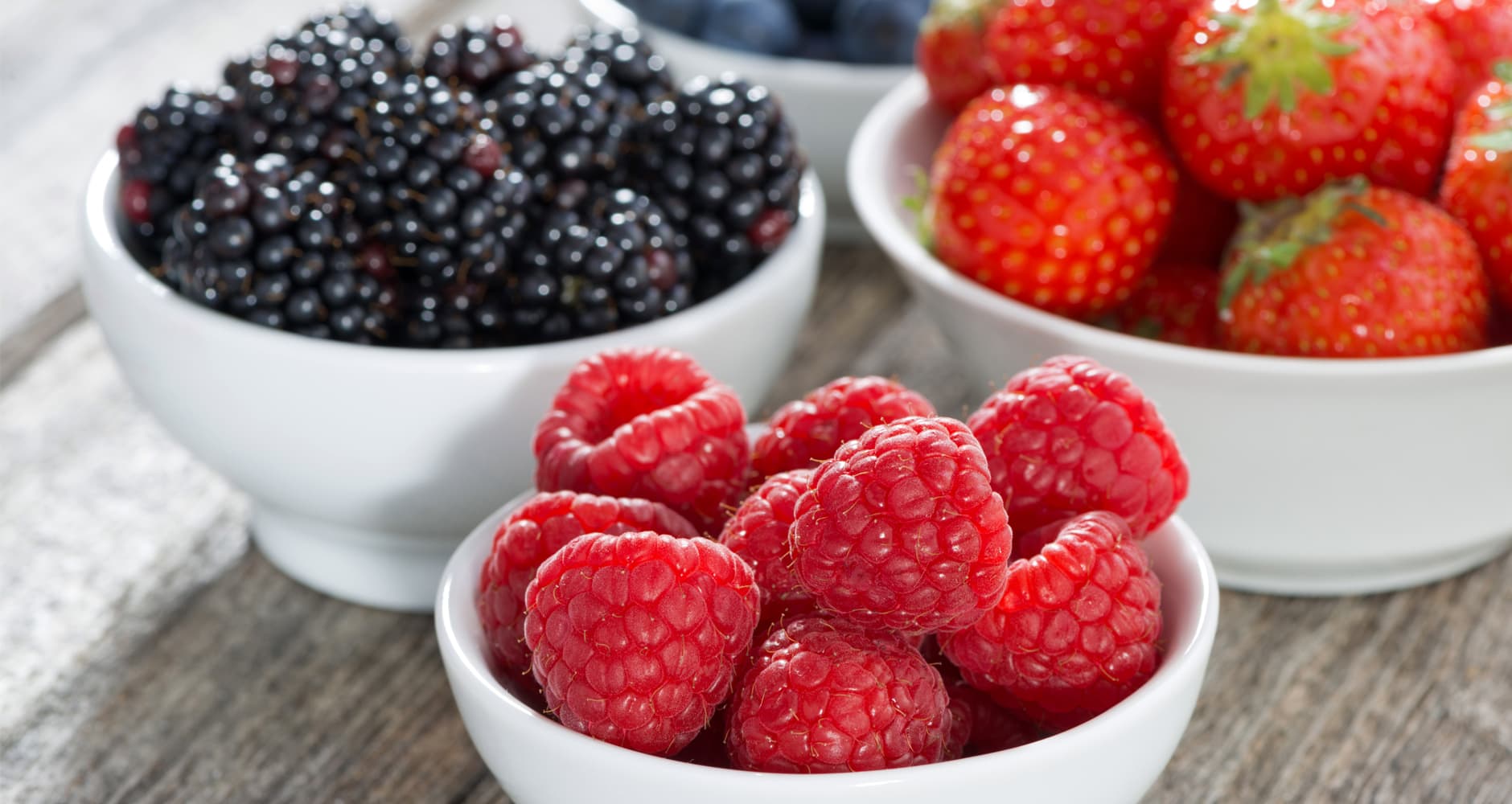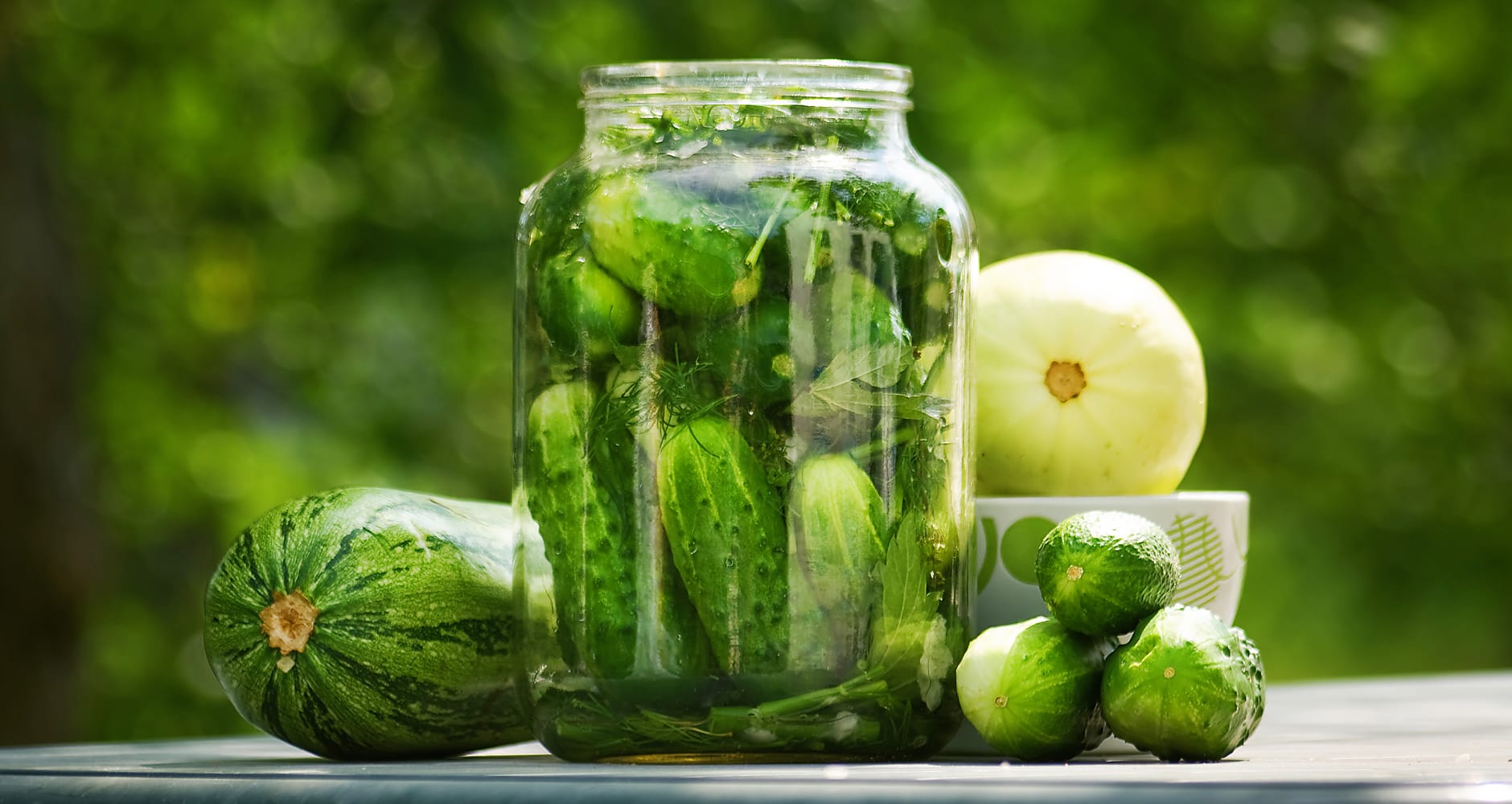18 Foods That Don’t Need the Fridge
To chill or not to chill? We have the answers!

Humans have been preserving food with snow and ice for at least 3,000 years, but the first commercial refrigerators, produced around the turn of the 20th Century, were a game-changer. Home refrigeration units made it possible for the first time in history to keep perishable foods fresh in quantity.
But every advance comes with a dark side. In the case of refrigerators, one downside is that many people store everything in the fridge, regardless of whether it needs to be.
Foods You Don’t Need To Refrigerate:
While some foods absolutely require refrigeration, many don’t, and others that should be left at room temperature. Here’s a list of foods that do better if you skip the fridge.
- Tomatoes: If you take nothing else away from this article, please heed this. Never, ever, under any circumstances, store tomatoes in the refrigerator. Tomatoes begin to lose their flavor and texture when put in the fridge, turning mealy, mushy, and flavorless. Leave them right out on the counter.
- Potatoes, sweet potatoes: Yes, potatoes are supposed to be kept in a cool, dark place, so the fridge should be ideal, right? Wrong. The refrigerator is actually too cold. Low temperatures wreak havoc on potatoes’ natural starches, affecting both their texture and flavor. Instead, store them in a paper bag.
- Apples, Pears: You can refrigerate these fruits, but you don’t need to. The cold air inside the refrigerator tends to break down their crisp texture. Leave them out on the counter. But if you prefer your fruit cold, go ahead and refrigerate.
- Peaches, plums: Stone fruits should not be refrigerated if they’re unripe as they will not ripen in the fridge. Store them out on the counter and enjoy them as soon as they’re ripe. Be sure to follow the “wash as you eat” rule.
- Oranges, lemons, limes, clementines: Store citrus fruits on the counter. Keep close tabs on them, though, as one moldy fruit will infect the others.
- Berries: Fresh berries aren’t meant to last long. Leave them out and enjoy them over a few days. Wash before eating.
- Melons: Store whole melons on the counter. The refrigerator will turn their flesh mealy. Once cut, leftovers can be stored in the fridge.
- Bananas: Refrigerating bananas will turn their peels prematurely brown and change their texture. Store them out on the counter. Peel and freeze them for smoothies and banana bread once they become overripe.
- Onions, garlic: Storing these pungent alliums in the refrigerator will not only impart their smell onto other foods but will also soften them over time. Store them in a paper bag. Once cut, you can store a well-wrapped onion in the fridge.
- Honey, jam, maple syrup: Honey and real maple syrup will crystallize if stored in the fridge. Store them it at room temperature and out of direct sunlight. While it’s fine to refrigerate jams and jellies, it’s also OK to leave them out after opening. One caveat: if you don’t plan on using opened jams or maple syrup after opening, and plan on storing them for long periods without using them, it’s smarter to refrigerate after opening.
- Avocados: Store whole avocados on the counter. If they’re very soft, you can get a few extra days by putting them in the fridge, but you’ll pay for it in flavor. It’s better just to enjoy them right away. Don’t buy more than you can use.
- Bread: While many people refrigerate bread to keep it from going stale, doing so actually dries it out faster. Store it in a dark cupboard or bread box.
- Butter: There’s nothing worse than trying to spread rock hard butter. The good news is there’s no need. Depending on temperatures, you can store butter on the counter, covered, for a week or so. The best plan is to refrigerate butter and take it out one stick at a time. If the weather is very hot, you may opt for smaller quantities.
- Peppers: Store peppers in a paper bag. The refrigerator will soften their crisp texture.
- Winter squash: Store acorn, spaghetti, and butternut squash right out on the counter.
- Pickles: Pickles have enough sodium—a natural preservative—to keep them safe for a long time. The only reason to refrigerate them is if you prefer to enjoy them cold.
- Coffee: Refrigerating coffee beans or grounds saps them of moisture and flavor. Store them in the cupboard.
And here’s a puzzle for the ages:
Eggs: to refrigerate or not to refrigerate? In Europe, no one refrigerates eggs, but in North America we do. Does that mean we don’t need to? Turns out in the U.S. eggs are processed differently (we wash away the “bloom,” that microscopic protective layer on eggs). Here on the other side of the pond, if you buy supermarket eggs, it’s a good idea to refrigerate them.

Jaime McLeod
Jaime McLeod is a longtime journalist who has written for a wide variety of newspapers, magazines, and websites, including MTV.com. She enjoys the outdoors, growing and eating organic food, and is interested in all aspects of natural wellness.










Much of how you store food depends on how much of it you got, how fresh it was when you got it, and what the climate’s like where you live. There is no general rule of thumb for many foods.
Take apples, for example. They don’t grow where I live in the Florida Panhandle because we don’t have enough winter chilling hours. But I occasionally have the opportunity to purchase them from a farm up near the Georgia border (whereas I live down by the Gulf of Mexico) owners drive to the North Georgia mountains each fall and bring back dozens of delicious crisp mountain apples. I’ll often purchase 20 or 30 at a time I don’t know if I’ll get anymore that year, and I put them in the refrigerator. If I left them out, half of them would rot before I had a chance to eat them. And I have never noticed that they are any less crisp than when I put in there, except for a few occasions when I went overboard in purchasing them, so I chopped them and served them atop pancakes with a little maple syrup, or used them for applesauce or apple soup.
How about eggs? I would never keep supermarket eggs out of the fridge because it’s typically been months since they were laid even if the Julian date shown on the package is relatively recent. Maybe I would if I got them directly from a farm but I certainly wouldn’t do that in the summer around here unless I lived in a house where I could set my mini split to cold stun and it would be cold in my house! But my house was built literally a century ago and has very little insulation. Ditto for butter; while it wouldn’t have the same potential as eggs to make me sick if left unrefrigerated, it would be a melted mess in the summer even if I used one of those butter holders that submerges it in cold water. I’d have to change the water at least twice a day!
And lets talk about real maple syrup. Make no mistake; it
absolutely needs to go in the refrigerator once it has been opened. Otherwise you risk bacterial contamination which could make you sick, or mold which would be a waste of this wonderful and expensive product. And I disagree that maple syrup crystallizing in the refrigerator is a big problem. Having learned a couple years ago how delicious it is as a sweetener in coffee, I regularly put two approximately level tablespoons of real maple syrup in a big mug of coffee which I think holds 16 oz or more, just enough to take the acidic edge off my organic, fair trade dark roasts. And sometimes I even make pancakes or use it as a sweetener in baking. This means I buy it in bulk from a great family farm in eastern West Virginia called Cool Hollow Farm. I typically buy a couple gallons at a time so I don’t have to keep reordering it as frequently. But it doesn’t have to go in the refrigerator until it’s opened, and I have a smaller quart jug I regularly refill from the bigger jugs — all of which are glass, by the way. It takes months for the syrup in the bottom of the quart jar to start crystallizing and I may have refilled it three times by the time that happens. It’s really not a big deal anyway. I use a really long set of chopsticks to poke at the crystallized syrup and I can usually break up much of it. Those resulting bits of crystallized syrup are pretty tasty, and they will melt in a nice hot cup of coffee. What I do to take care of the rest is pour a little boiling water in the bottom of the jar once I’ve used all the still liquid syrup. The crystallized syrup either breaks up more or totally melts. It’s not a big deal. I would certainly rather have to deal with that than potentially waste this wonderful syrup or poison myself.
And speaking of sweeteners crystallizing, if that happens to honey all you have to do is put the container in hot water and the honey should go back to a liquid state. Or you can totally avoid crystallization by buying tupelo honey from Northwest Florida, which doesn’t crystallize. It’s also said to be better for diabetics because it has a lower glycemic index than other types of honey. My favorite place to get it is a family-owned business called Smiley’s Honey located in Wewahitchka, Florida. You can find a link to their business, as well to as the maple farm I mentioned earlier, simply by Googling their names. Smiley’s also offers some terrific wellness and body care products made with honey and/or beeswax. Their beeswax hand lotion, which is a solid round “bar” that begins to melt when you rub it between your hands, always saves my hands from the cracks that start to form in certain spots during the winter.
I could talk about a bunch of other foods and how to store them in a climate like where I live, but I think I’ve taken enough of your time. Happy 2023!
Thank you Beth, you bring up some good points. Appreciate you sharing them with all of us here at the Farmers’ Almanac.
Yes, you have exceeded explaining the parts I also found alarming! I find that if i put apples, potatoes, tomatoes, or any of the fruits that say ‘do not refrig’ in a brown paper bag and then in a plastic bag, they keep very long and stay delish. Thanks for the tip about the honey and beeswax lotion … looking into it!
I forgot to add the part that once they are in a paper bag and then in the plastic … they are put in one of the bins and they keep for months.
Thanks for all the tips! Everything here is so expensive here in Nunavut. What about pickles? I wonder how long they can stay in the cupboard after opening? we love pickles and have always kept them in the fridge after opened. i really want to know about pickles.
” In Europe, no one refrigerates eggs, but in North America we do”. Wtf, honestly. People put their eggs in the fridge, where did you read they don’t? I’d suggest removing this sentence, or only refer to very very cold countries in Europe.
In Mexico they don’t refrigerate either. No sense in removing their sentence, it’s a true statement.
In India also, eggs are not refrigerated.
I am from Quebec so lots of natural maple syrup here – I once left it on the shelf and when I used it, at some point, there was mildew in it – so now – always in the fridge – so If I want to use it on my waffles, I just pour a small amount in a small bottle and leave it on the counter – and once emptied after a few weeks, I refill from the rest of the can from the fridge – no use spending all this money on pure maple syrup and throwing it out because moldy
This is great. But what about mice? Mice love to chomp on left out fruit no?
We got two cats to prevent the mice!!!
“Apples, Pears: You can refrigerate these fruits, but you don’t need to. The cold air inside the refrigerator tends to break down their crisp texture.” NOPE.
I had the worst time in college with always getting mealy apples from the grocery store. I called and complained to my mom, and she said, “that’s because you’re keeping the apples on the counter. If you put them in the fridge, they will stay crisp.”
I had no idea. After all, apples aren’t in the refrigerated section in the grocery store. But she was right! They stayed crisp! Refrigerate your apples.
I don’t know where you are but I wonder if it has something to do with the altitude or other things like that and maybe varies from place to place? I always keep my apples on the counter and have never had a problem, always firm and crisp.
I read a book on this subject years ago and the book advised the delicious variety needed refrigeration such as in the crisper drawer but others such as Gala did not.
Most commercial eggs from factory farm chickens are washed in a chlorine solution to remove bacteria, etc. This is because of the disgusting conditions the chickens live in. If you knew where grocery store eggs come from, I doubt you would eat them ever again.
I disagree….I don’t know about you but I don’t eat the shell….I only eat the inside of the egg…. the inside of an egg is the same no matter where it is laid…… as a strict rule of thumb one should ALWAYS wash their hands with soap and warm water after touching the shell of ANY EGG…. store bought or from the local farmer.
I have kept hens for our personal egg consumption for over 10 years, and grew up exclusively on fresh eggs. There is no need to refrigerate them, under normal circumstance. They have a protective coating called ‘bloom’, which the hen provides.
Commercial eggs are scrubbed spiffy clean. The bloom is removed, leaving the egg porous and susceptible to bacteria introduction. Therefore, the commercial need to refrigerate as a prevention/protection to mass consumption.
Get your own hens. The eggs taste nothing like the stuff you get in the store. In my opinion, if it isn’t a fresh egg, why bother.?
I live in a city. No chickens allowed.
Check your codes, you might be surprised…most cities will allow 3-5 (depending on the code) HENS! Almost no “city” or “town” allows Rosters.
I love fried chicken
I have read tomatoes change their chemical composition once refrigerated I do know that taste changes.
If real syrup is stored in refrig you will find it gets sugary. In other words left long enough it will turn to sugar. If that happens you can zap it in the microwave for however long yours microwave takes for the sugar to disappear.
In Fla. many things have to be refrigerated that I would not here in VA. It is because ants are horrendous things there. Also the humidity there changes consistency of some spices.
My granny use to keep a silver can of Bacon grease on the back of the stove as well at all times! She also added Bacon grease to almost everything she cooked and she lived to be 101 years old!!! She would also always have a butter dish out on the kitchen table & eggs from her own chickens, in a basket left out on the table as well.
Love your message about your Granny and the food, my Mom kept bacon grease for seasiong on the stove also and we never had food poisoning etc.
My mom did it, and now that i’m married and have a family of my own, I do the same things that my mom did. It worked for her, and it’s working for me.